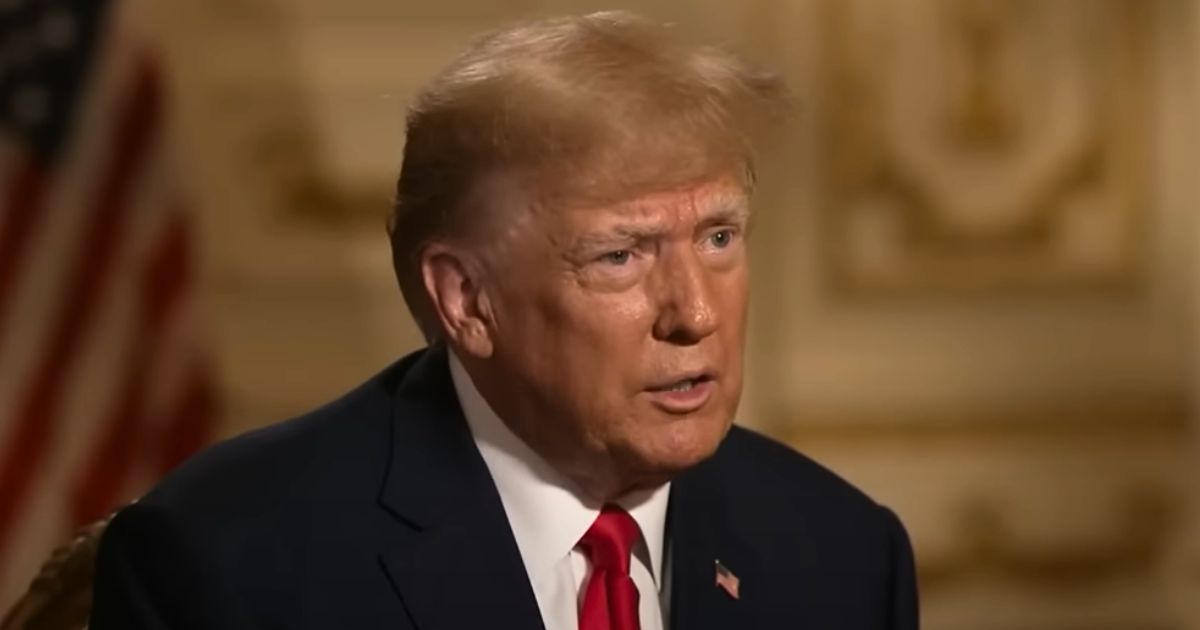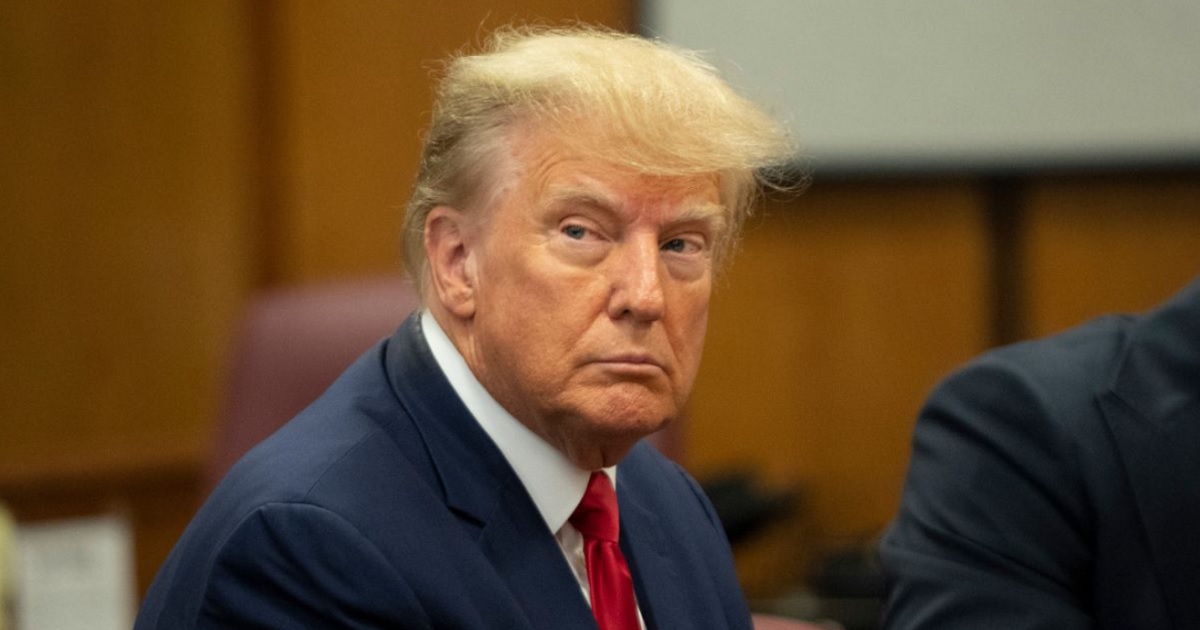VA eases constraints on chaplain sermons, ensuring religious freedom
The Veterans Affairs Department has reinstated the rights of chaplains to deliver sermons inclusive of Christian themes in their services without limitations.
According to the Christian Post, Chaplain Russell Trubey's earlier reprimand was withdrawn confirming the rights of chaplains to freely express their religious beliefs during sermons.
In a landmark confirmation, VA Secretary Doug Collins addressed that the U.S. Department of Veterans Affairs has no policies or procedures preventing chaplains from including Christian content in their sermons at affiliated medical centers. This clarification came following a detailed review sparked by an incident involving Chaplain Russell Trubey at the Coatesville VA Medical Center in Pennsylvania.
Previously, Trubey faced disciplinary action for a sermon he delivered, centered on the New Testament book of Romans, during a worship service in June 2024. His sermon, which led to a letter of reprimand, also triggered discussions on the need for a sermon review process and the imposition of topic limitations for chaplains across the VA.
In response to these actions, the First Liberty Institute (FLI), representing Chaplain Trubey, reached out to VA Secretary Doug Collins in a letter, appealing for a reconsideration of the reprimand and the implied restrictions on sermon content.
VA Secretary Doug Collins Stands for Religious Expression
In February, Secretary Collins issued a response which was recently made public, affirming that no changes would proceed regarding the monitoring or restricting of chaplain sermon content. His letter highlighted that “there is no national or local policy or standard operating procedure which inhibits Chaplain sermons,” stressing the nonexistence of any guidelines that implicitly or explicitly hinder the religious expressions of chaplains.
Collins added, “To the extent that there have been any proposed changes to any existing policy, those proposals will not move forward and have been rescinded.” This assurance was part of a broader commitment mentioned by Collins to ensure that all administrative actions are coherent with the constitutional and statutory rights afforded to chaplains.
The issue of Trubey's reprimand was specifically addressed decisively. Collins remarked, “For the Letter of Reprimand issued to Chaplain Trubey on November 21, 2024, the determination to release that document to Chaplain Trubey was made in error and was rescinded once staff were counseled regarding the complexities of the applicable laws.”
First Liberty Institute Celebrates Decision as Religious Freedom Triumph
The decision was met with enthusiasm by the First Liberty Institute, with associate counsel Erin Smith commenting, “Secretary Collins made it clear that the government has no business censoring anyone's sermon, including military chaplains.” She further expressed joy over the validation that VA chaplains like Trubey “will no longer face the possibility of censorship or punishment for simply speaking according to their faith.”
This milestone reaffirms the VA’s commitment to safeguarding the religious freedoms of its chaplains, ensuring they can provide spiritual guidance without fear of retribution or censorship. Collins stated, “VA will take all steps necessary to avoid any future inconsistent actions,” emphasizing the department’s determination to support chaplains in executing their spiritual duties unimpeded.
The response from FLI underscores a broader recognition and respect for religious liberty within federal institutions, particularly those caring for the nation's veterans. This outcome not only rectifies a specific grievance but also sets a clear precedent for the treatment of spiritual care providers within the VA system.
Chaplain Trubey’s Case Sparks Wider Implications for Religious Liberty
This incident and its resolution highlight the ongoing dialogue and challenges related to the expression of faith within public service sectors. By settling the matter in favor of Chaplain Trubey, the VA leadership has sent a strong message about the importance of religious expression as a fundamental right safeguarded even within government-operated environments.
Doug Collins hopes that these measures will satisfactorily resolve the matter and restore confidence among chaplains regarding their religious expressions during service. This outcome not only supports the individual rights of chaplains like Trubey but also reaffirms the VA's commitment to upholding constitutional liberties as a whole.
The overturning of Trubey’s reprimand and the scrapped proposals for sermon review signify a crucial victory for religious expression, reinforcing the principle that spiritual guidance should remain untethered from administrative overreach.





